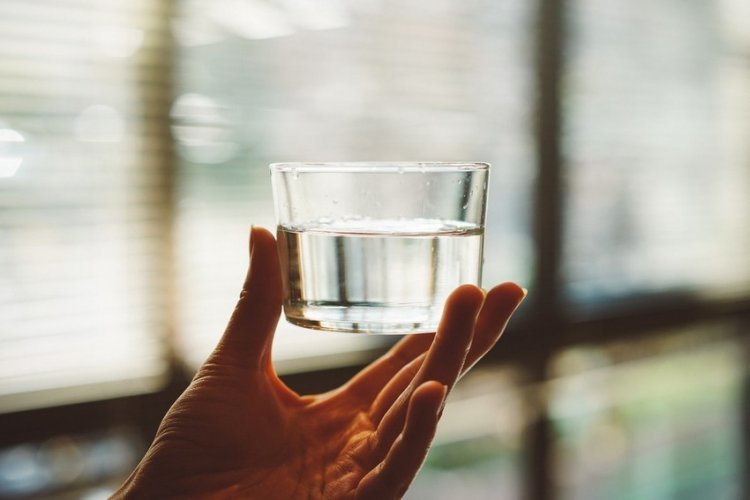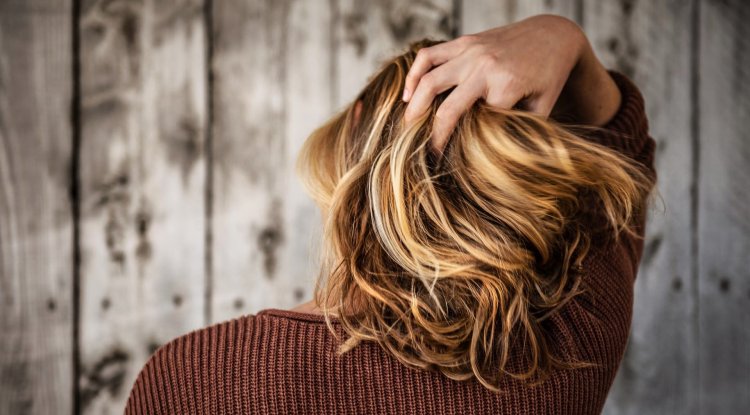Ayurveda: Cold water is not good for the body, but warm is a real 'nectar'
When properly absorbed in the body, water has healing properties - refreshes and revitalizes, removes fatigue, increases endurance, affects the appearance of the skin, improves digestion ... And as each of us belongs to a type of dosha, it is important to know the 'recipe' how much water to take into the body

Ayurveda uses a variety of techniques that seek to affect our physical and mental health. And she bases many of her teachings on the fact that our body makes up approximately 75% of water, and that hydration is extremely important for the general well-being of the body.
So Ayurvedic health, therapeutic and spiritual experts use a simple tool that helps in physical, mental, and spiritual health - and that is water!
Why should we heat the water before consumption?
You should drink at least 7 to 8 glasses of clean water every day - filtered or spring water. This amount is necessary to remove toxins from the body and allows vital energy in the body to flow fluidly. Ayurvedic practitioners recommend that the water be heated before consumption to balance the elements of water and fire - which ensures a balanced Agni (digestive fire).
According to Ayurveda, for good health, our doshas and agni need to be harmonized, and it is the agni in the body that is in charge of maintaining vitality, development, and strength. Therefore, the statement of the director of the Ayurvedic Institute in New Mexico, Vasanta Lada, says: "Cold water is not healthy for the body, and warm is the nectar!"
Water gives life, it is necessary for mental, physical, and spiritual health. It balances pitta dosha, supports kapha dosha, and hydrates vata dosha, and when properly absorbed in the body, water has healing properties - refreshes and revitalizes, removes fatigue, increases endurance, affects better skin appearance, improves digestion…
Proper daily water intake, along with herbs or spices, is one of the best ways to balance dosha. That's why we bring you recipes for each dosha:
Vata dosha
Boil water ( 2 liters of filtered or spring water ), and after it boils, let it cook for another 5 minutes. Turn off the stove and add spices ( 3 leaves of fresh mint, half a tablespoon of fennel seeds, a quarter of a tablespoon of marshmallow root ). Cover all the ingredients, leave for 20 minutes and strain the water. Drink warm water (not hot) throughout the day, and it is best to keep the heat in a quality thermos.
Pita dosha
Boil water ( 2 liters of filtered or spring water ), and after it boils, let it boil for a few more minutes. Then turn off the stove, add spices (a quarter of a tablespoon of fennel seeds, two buds of organic rose fresh or dried, one clove ) and pour the liquid into a thermos. Drink throughout the day.
Kapha dosha
As in the previous recipes, boil water ( 2 liters of filtered or spring water ) and let it boil for a few more minutes. Add spices (3 fresh holy basil leaves, 2 thin slices of fresh ginger, a quarter tablespoon of cumin seeds, half a tablespoon of fennel seeds). Drink warm fluid throughout the day.
Arrange the meal properly
Warm water is a healing nectar, Ayurveda teaches us, so it is always recommended to boil the water first and drink it warm (at least in the morning on an empty stomach).
Ayurvedic experts also advise that we should not drink too much water because we can 'put out' agni - digestive fire. To prevent this - the meal should be distributed according to the principle: fill one-third of the stomach with food, one third with water and one third with air. This principle balances the natural elements (earth, water, air and fire) in the body!
By: Olivia J. - Gossip Whispers




























